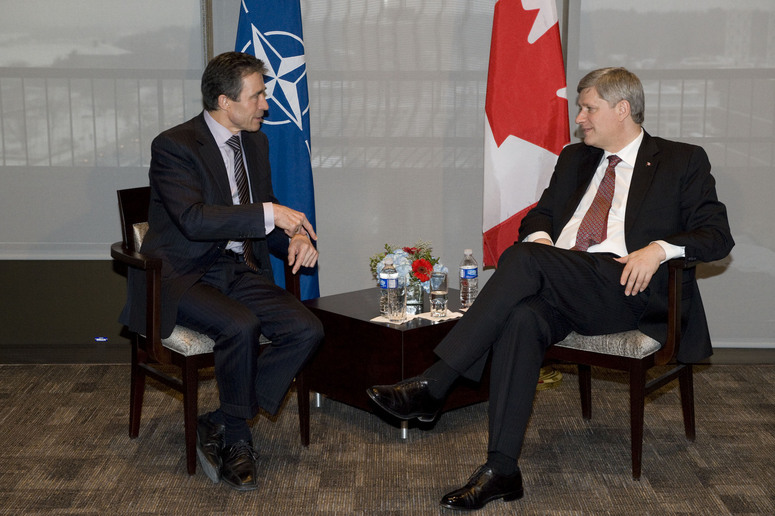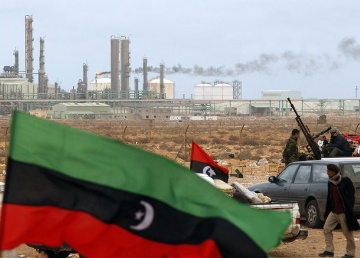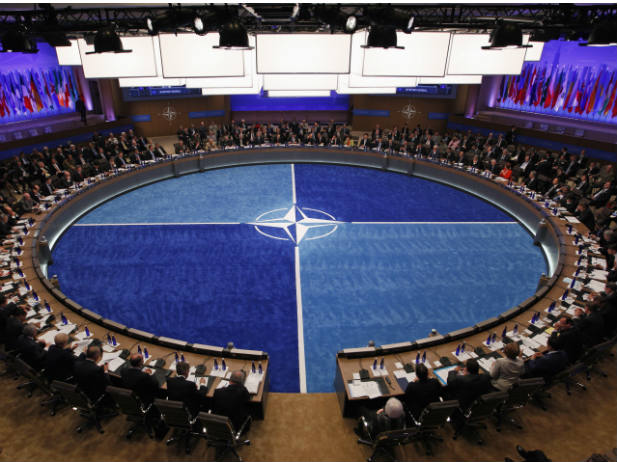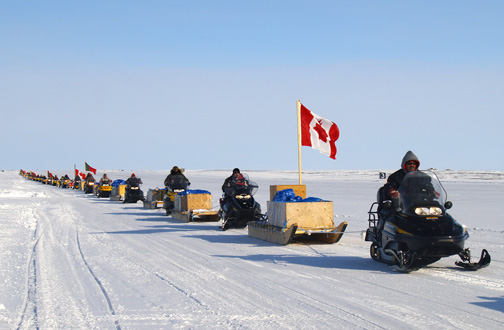At the closing of the recent NATO summit in Wales, the 28 member states reaffirmed their commitment to collective defense. Such a commitment entailed certain focal points, which including the future of the Afghanistan mission, relations with Russia and Ukraine and the importance of ensuring suitable levels of defence spending among member states. In terms of the latter, NATO has asked that its members commit to spending 2% of their GDP towards defense. However, this has always proved difficult to catch on as only four of its members are meeting the established target.

One key agreement of the summit talks was that in Eastern Europe, NATO members would, on a rotational basis, maintain a continuous presence in the air, land and sea. The decision also required the creation of a ground force of several thousands of land troops that could be deployed within a 24-hour window. These were just some of the many measures that were part of the robust defence package endorsed by NATO leaders this past week. However, such widening of NATO’s military presence and the necessary technological advances that it would entail, will naturally demand more funding from a collective defense organization that is notorious for the squabbles among member states over the meeting of NATO-specified spending targets.
“At home, questions are arising over whether the Canadian government is truly committed to being an able partner among its NATO allies.”
This can be seen in the current Canadian position, which, alongside that of Germany, has denied NATO’s request for meeting the specified spending target. The current Canadian military budget is just over $18 billion, which only accounts for 1% of GDP. Though the Harper government has expressed its openness to increased defense spending if necessary, Prime Minister Harper has stated that Canada will not commit to arbitrary spending targets, such as that proposed at the end of the recent NATO summit.
Such refusals to commit to NATO’s spending request may put to question Canada’s role in the newly proposed spearhead unit within the NATO Response Force. Furthermore, though Canada’s Foreign Minister John Baird was quick to offer $15-million to help Iraq combat the threat of ISIS, he was adamant to avoid pledging increased commitment without specified goals. These refusals may hurt Canada’s standing among fellow NATO members. When Baird claimed that Canada was the only country that made the strongest denunciation of Russian aggression in the Ukraine, NATO Secretary General Anders Fogh Rasmussen immediately questioned, publically, on how effective such denunciations could be when a country refuses to back up words with an adequate defense capability.

At home, questions are arising over whether the Canadian government is truly committed to being an able partner among its NATO allies. Since the Conservatives took power, Harper has claimed that his government has overseen a 27% increase in defence expenditures and the delivery of several important procurement projects. Yet the Conference of Defence Associations (CDA) has pointed out that the budget today is now smaller than it was in 2007 and major spending for equipment renewal and updates has in fact declined for four years running.
Despite international and industry pressures, Harper’s conservatives remain adamant that Canada’s involvement with NATO missions has never been higher and that our international presence and expenditure are proportionate to size and capabilities. In the upcoming months, though, as the decisions from the NATO Summit are implemented and the Ukraine- Russia situation evolves, it is only likely Harper may have to follow up on his commitment to renew spending to meet changing circumstances.




